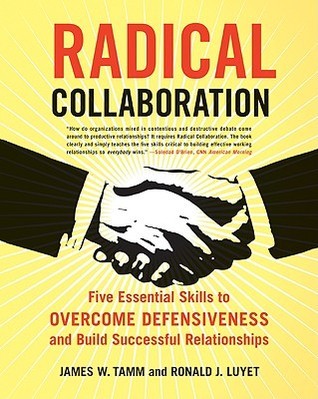"Radical Collaboration" offers a practical, well-structured framework for improving workplace relationships and resolving conflicts. The five essential skills—collaborative intention, truthfulness, self-accountability, awareness, and problem-solving—are presented with clear explanations and actionable strategies that can be immediately applied.
What makes this book particularly valuable is the authors' extensive experience in conflict resolution and their ability to translate complex psychological concepts into accessible guidance. The sections on recognizing and managing defensiveness (Red Zone vs. Green Zone thinking) provide particularly powerful insights into relationship dynamics.
The book excels at balancing theory with practice. Each skill is illustrated with relevant examples, and the authors include self-assessment tools that help readers identify their personal challenges. I found the chapters on truthfulness and self-accountability especially transformative for my own collaborative relationships.
While occasionally repetitive and somewhat dated in some of its cultural references, the core principles remain as relevant today as when first published. The only significant drawback is that some of the organizational examples feel simplified compared to the complex realities of today's workplace environments.
Overall, "Radical Collaboration" delivers on its promise to provide essential skills for building successful relationships. Anyone looking to improve their collaborative abilities—whether in professional or personal contexts—will find valuable wisdom in these pages.

